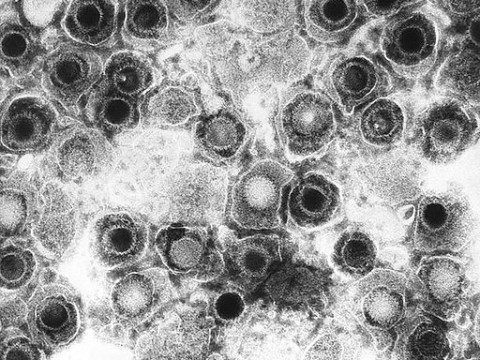STD’s Cause Infertility
STDs are just one of the many causes of infertility, in both men and women. They are, however, a fairly common cause of infertility and one that can often be treated if caught in time. STDs are so common a cause, that the Centers for Disease Control (CDC) recommends that all women under 25 years of age be tested for Chlamydia. Chlamydia is, however, not the only form of STD that can cause infertility. The following are some of the STDs most commonly linked with infertility.

Chlamydia and Gonorrhea
The CDC estimates that over 700 thousand cases of gonorrhea and 2.8 million cases of Chlamydia occur annually in the US alone. Chlamydia and gonorrhea can both occur with little or no symptoms and the woman is usually unaware that she has one of these diseases. 10 to 15 percent of women with Chlamydia will go on to develop pelvic inflammatory disease (PID). This can cause permanent damage to the uterus, fallopian tubes and reproductive tissue which can lead to infertility. A woman with PID has a 20 percent chance of remaining infertile, despite treatment.
Genital Herpes
Genital herpes is one of the most commonly sexually transmitted diseases, and the number is on the rise. Up to 30 percent of people affected with genital herpes are unaware of the fact because they suffer no symptoms. Once infected with the genital herpes virus, they are affected for life. Genital herpes does not directly affect fertility, but the onset of painful and troublesome sores can make conception more difficult, as intercourse can be painful.
Trichomoniasis
Trichomoniasis is one of the most common STDs in the United States. Men with trichomoniasis don’t usually have symptoms, but women with this disease can suffer from vulvar irritation and itchiness, as well as a yellow-green discharge from their vagina. Trichomoniasis is suspected of increasing one’s risk to contracting HIV if exposed, and it has also been linked to infertility and if pregnant, it can interfere with the baby’s development.
Estimates say that 1 in 10 people in the United States have infertility issues. Once it was assumed that the inability to conceive a baby was solely the woman’s fault, we now know that men are equally capable of being infertile. While many infertility issues are only overcome through invasive or costly treatments, STD related infertility can often be successfully treated. The best way to avoid STD related infertility is to not get the sexually transmitted disease in the first place. Knowing your partner well, using a condom and avoiding multiple partners can all reduce your chances of contracting an STD.